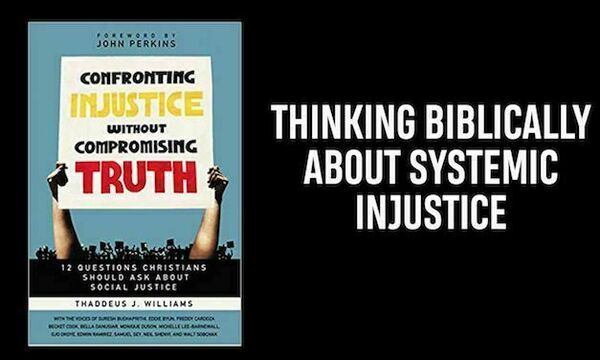Category: Culture
Are All Religions Created Equal?
Just How Many Ways Are There to Make Peace with God?
Cuando Ayudar Hace Daño
Cómo Aliviar la Pobreza, sin Lastimar a los Pobres ni a Uno Mismo
How to Alleviate Poverty Without Hurting the Poor
An Analysis of "When Helping Hurts" and Other Relevant Works
 Biola University
Biola University


